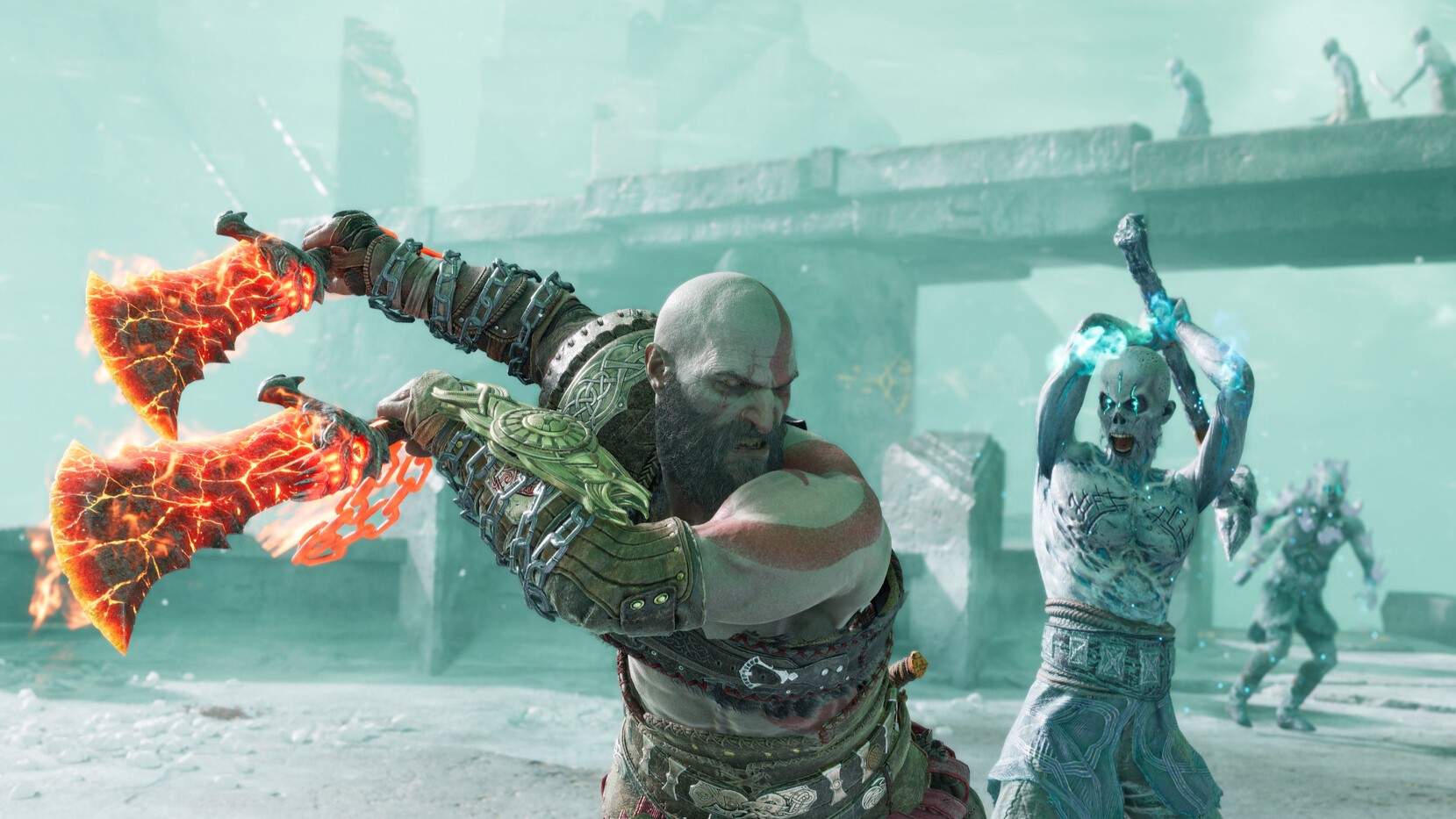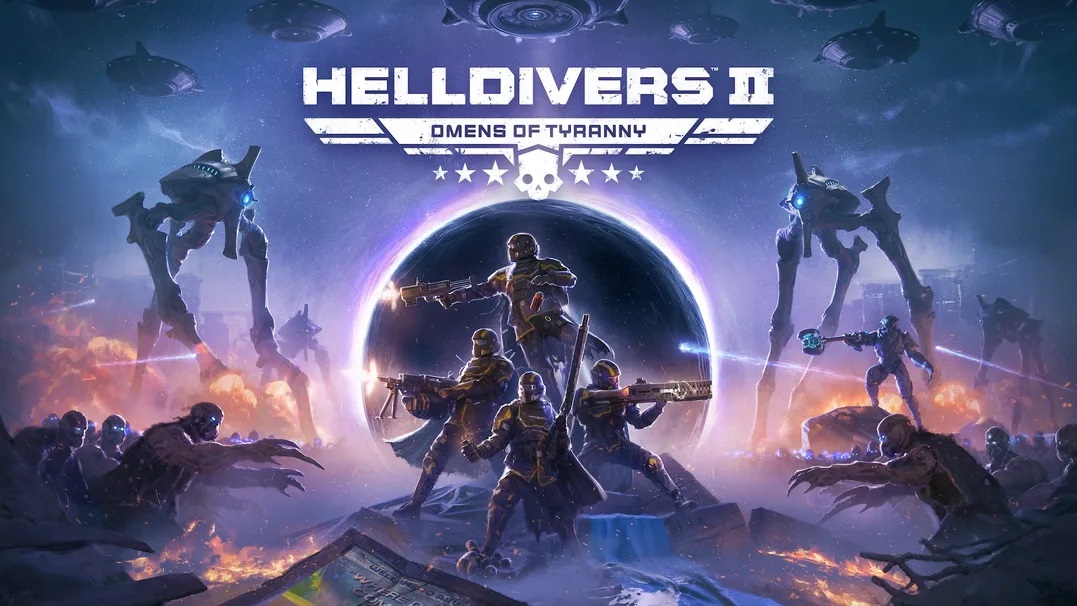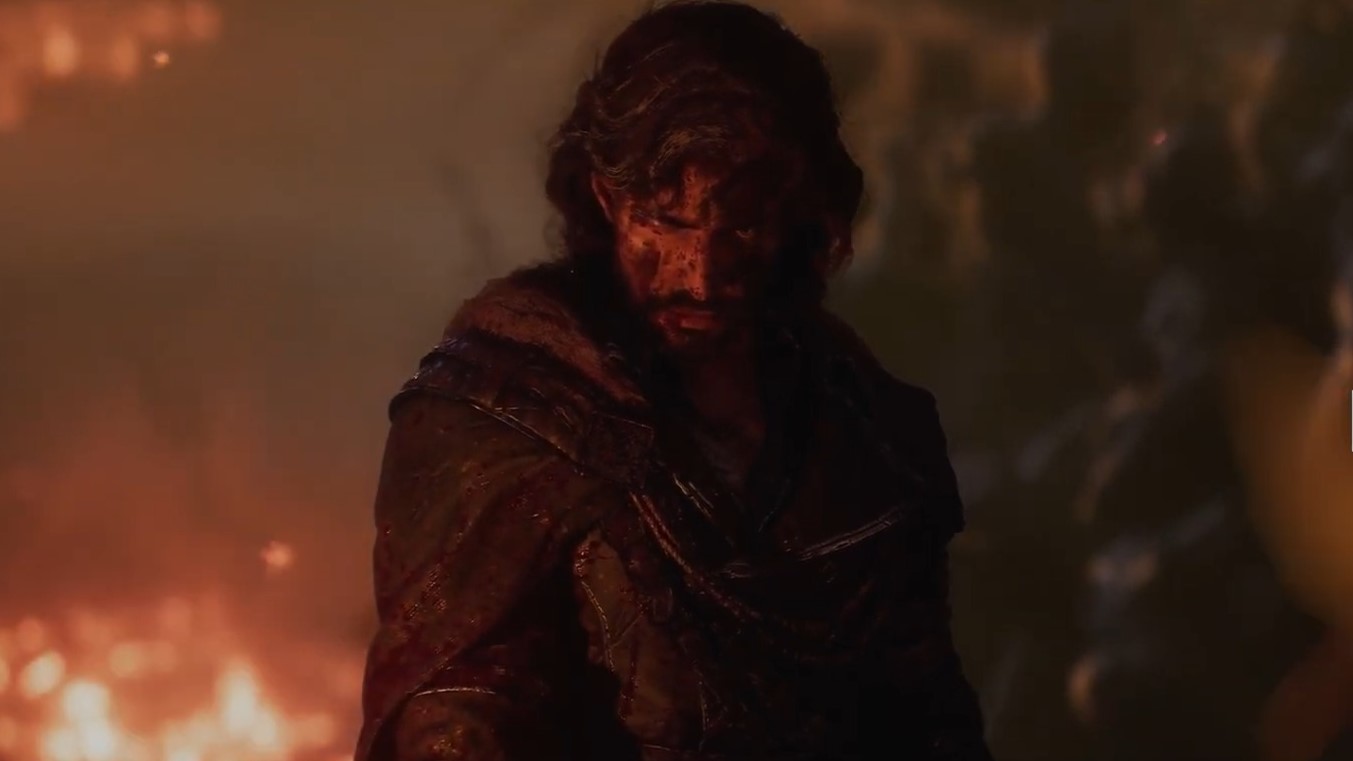PlayStation just reportedly canceled two live service games that likely would've launched on Windows PC
PlayStation reportedly cancels two live service games, including a God of War title from Bluepoint Games.

We're only a couple of weeks into the new year, but some big games have already been canceled before they were even announced. That comes via a report from Bloomberg, which indicates that PlayStation has canceled two live-service games being developed by its first-party teams at Bend Studio and Bluepoint Games, the latter of which was reportedly working on a live service God of War title.
The report notes that per an internal memo, PlayStation is now "working closely with Bend and Bluepoint to determine what are the next projects and plan to do everything we can to ensure there is minimal business impact."
A company spokesperson also told Bloomberg that neither of the studios will be closed, those it's not clear if the teams will have layoffs as a result of these games being canceled.
Bend Studio is best known as the Oregon-based team behind the Syphon Filter franchise and, more recently, the open-world survival game Days Gone, which launched on PlayStation 4 in 2019 before getting ported to PC in 2021.
Bluepoint Games is a Texan studio that crafted the PlayStation 5 Demon's Souls remake in 2020 before providing support work on Sony Santa Monica's God of War Ragnarök, which launched on PlayStation consoles in 2022 before being ported to PC last year.
A live service push filled with peril and potential

Sony had grand ambitions for live service titles in recent years, with the company at one point having more than ten of these games in development, and buying a number of companies, including Destiny 2 developer Bungie for $3.6 billion. The most successful live service titles (or games-as-a-service) are sometimes referred to as "Black Hole" titles, taking up large chunks of player engagement and recurring spending.
Unlike its single-player titles, which traditionally launch on console first before later getting Windows PC ports, PlayStation has openly embraced launching its live service games on PC day one.
Get the Windows Central Newsletter
All the latest news, reviews, and guides for Windows and Xbox diehards.
The publisher has seen mixed results from this initiative so far, with 2024 bringing Swedish developer Arrowhead Game Studios' Helldivers 2, which rapidly sold over 12 million copies across PlayStation 5 and PC. Later the same year, PlayStation launched player-vs-player shooter Concord before pulling the game from stores and refunding players due to extremely low sales. PlayStation then shuttered the Washington-based developers at Firewalk Studios alongside Neon Koi, a team that was working on an unannounced mobile title.
This also comes as PlayStation has canceled other live service titles in the last couple of years, including The Last of Us Online at Naughty Dog, a Twisted Metal game from Firesprite, a fantasy game from its now-closed London Studio, and more.
The company still has other live service games in its pipeline, with Dutch studio Guerrilla Games continuing work on a co-op title set in the world of Horizon Zero Dawn, while Bungie is working on the multiplatform Marathon, which is also slated to launch on Xbox consoles. Meanwhile, its recently acquired Canadian studio, Haven, is also working on a heist title called Fairgame$.

Samuel Tolbert is a freelance writer covering gaming news, previews, reviews, interviews and different aspects of the gaming industry, specifically focusing on Xbox and PC gaming on Windows Central. You can find him on Twitter @SamuelTolbert.
-
fjtorres5591 Live Service games are typically based off multi-player formats.Reply
Bethesda made it work because their protagonists are varied across the games of their series and essentially blank slates until players get ahold of them.
Basing a Multiplayer game off a fixed-protagonist series sounds...sub-optimal.
Oddly enough, Sony also cancelled their LAST OF US-derived game which actually fit within the mold of successful online multiplayer games.
All of which is particularly odd because Sony was an early star in massively multiplayer games with EVERQUEST and its derivatives. Which they divested to focus instead on one-and-done narrative single player games. Instead of constantly looking for ways to extend their live service games' revenue generation, they took on the task of reinventing the game every few years.
Neither approach is a guarantee but others have successfully (and profitably) melded the two approaches over extended periods of time.
Back to the drawing board, I suppose.
